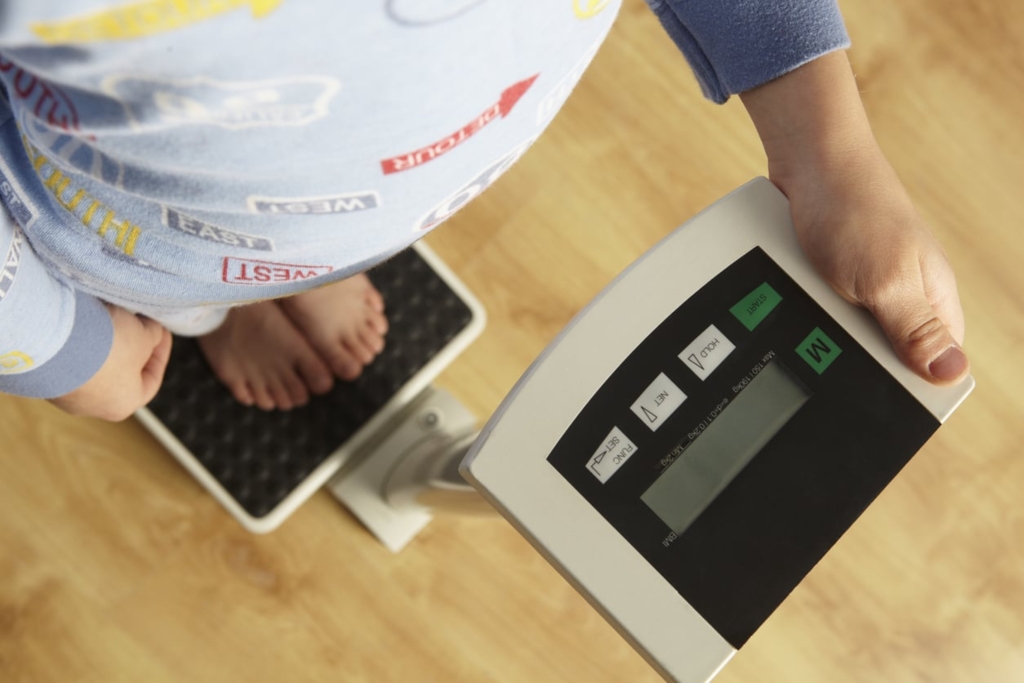Obesity Prevention Tips for Children: Keeping Your Kids Healthy and Fit

Did you know that one in five children in the United States is obese? Childhood obesity can lead to a number of health problems, including diabetes and heart disease. In this blog post, we will discuss the causes of childhood obesity, as well as the symptoms and treatment options. Let's work together to keep our children healthy!
Causes of Childhood Obesity
There are many reasons why children become obese, and it is often a combination of factors. Genetics play a role in childhood obesity, as does the child's environment and lifestyle. If the child's parents are obese, they are more likely to become obese as well. Poverty can also be a factor, as families who are struggling to make ends meet may not have access to healthy food options or be able to afford activities that would help the child stay active. Additionally, children who spend a lot of time in front of screens (television, computers, etc.) are more likely to be obese, as they are not getting the exercise they need and are more likely to eat unhealthy snacks. By understanding the causes of childhood obesity, we can help children maintain a healthy weight and prevent obesity-related health problems.
Signs and Symptoms of Childhood Obesity
The early signs of childhood obesity are often subtle. And because kids grow at different rates, it can be hard to tell if a child is overweight. To get an idea of whether your child's weight might be a problem, compare his or her measurements with reference charts from the Centers for Disease Control and Prevention (CDC). You can also ask your child's doctor. The doctor will likely use a body mass index (BMI) measurement. BMI is a ratio of height to weight that's used to screen for obesity. If your child's BMI falls at or above the 95th percentile on the CDC growth chart, he or she is considered obese. But even if your child's BMI is lower than that, he or she may still be at risk for obesity-related health problems if you notice any of the following signs and symptoms:
- Excess fat around the neck and under the chin
- A "supersized" appearance when wearing clothes meant for much younger children
- Difficulty breathing or shortness of breath with physical activity
- Joint pain
- Fatigue
Lead by Example
One of the best things parents can do to prevent childhood obesity is to lead by example. Modeling healthy eating and physical activity behaviors for your children sets them up for success. Try to make meals at home together and involve your kids in cooking and grocery shopping. Make time for family walks or bike rides, and limit screen time to one hour or less per day. By making healthy living a priority in your family, you can help your children maintain a healthy weight and avoid obesity-related health problems.
Limit Screen Time
It is well known that too much screen time can lead to a number of health problems, including obesity. While it may be tempting to let your kids spend hours in front of a screen, it is important to limit their screen time in order to protect their health. There are a number of ways to limit screen time, such as setting time limits, limiting the number of devices they can use, and monitoring the content they are viewing. By taking these steps, you can help your kids avoid obesity and other health problems associated with too much screen time.
Encourage Sleeping Habits
Children who do not get enough sleep are also more likely to be obese. In addition to the increased risk for obesity, sleep deprivation can also lead to behavior problems, difficulty concentrating, and poor school performance. It is important to encourage your child to develop healthy sleeping habits. This includes going to bed at the same time each night and getting up at the same time each morning. Children should also avoid caffeine and screen time before bed. ByEncouraging healthy sleeping habits, you can help your child maintain a healthy weight and avoid obesity-related health problems.
The Takeaway
Childhood obesity is a serious problem that can have a number of health implications. By understanding the causes of childhood obesity, we can help children maintain a healthy weight and prevent obesity-related health problems. Some tips for preventing childhood obesity include leading by example, limiting screen time, and encouraging healthy sleeping habits. If you are concerned that your child may be obese, it is important to talk to your doctor. They will be able to assess your child's health and make recommendations for treatment.



